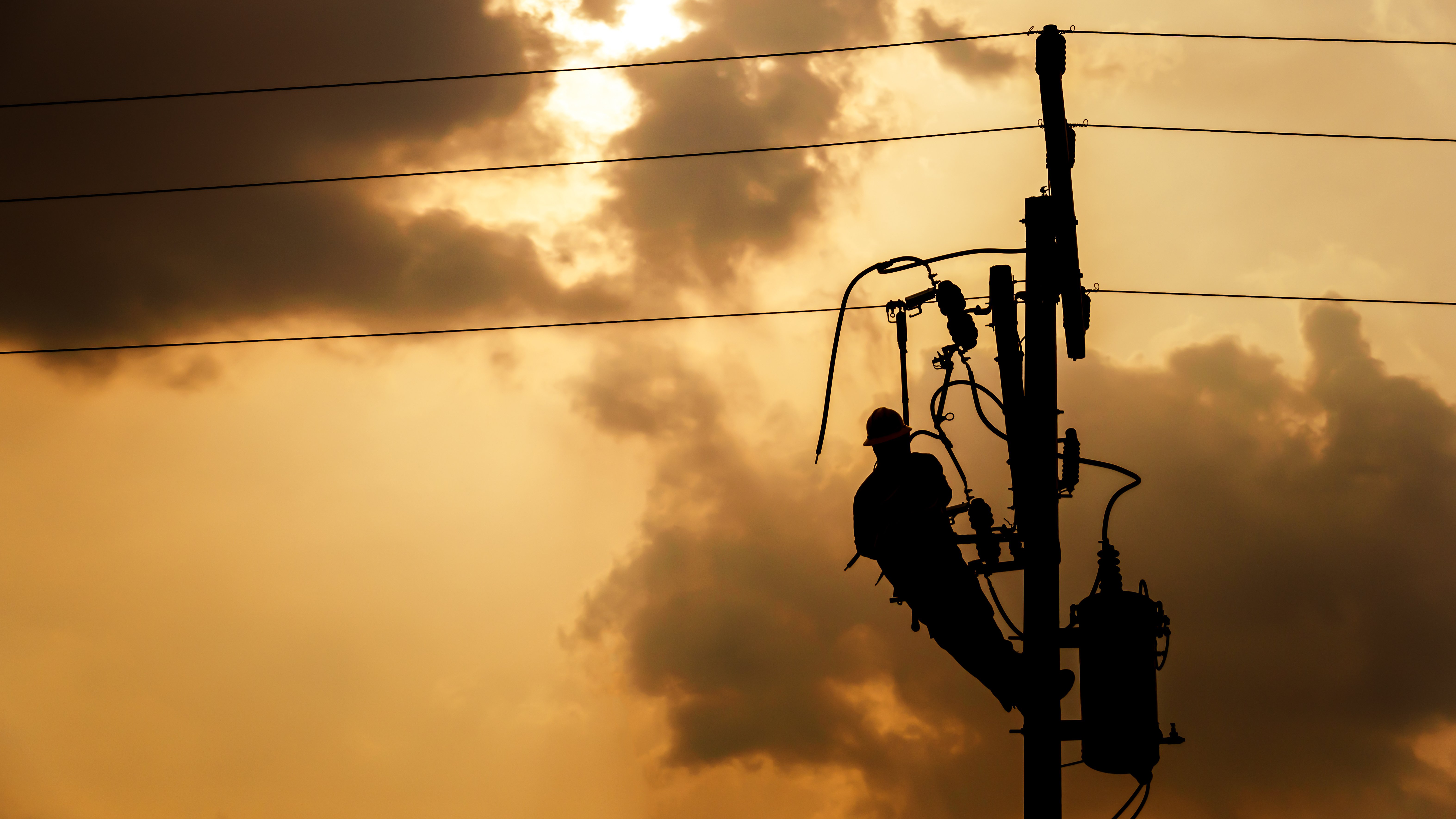It’s officially winter! If you’re from the northeast U.S., snowstorms are likely headed your way. Though they can be magical and exciting, storms and other bad weather can lead to power and other outages. Outages can quickly become dangerous, sometimes lasting days or longer.
Outages can affect entire communities. They can disrupt communication, water availability, and transportation; close businesses like grocery stores, gas stations, banks, and more; cause food and water contamination; and prevent the use of medical devices or medicine refrigeration.
As a business owner, being prepared and knowing what to do before, during, and after a power outage can help keep your staff and customers safe.

Before
Did you know that 70% of businesses will face a power outage within the next 12 months? Prepping before an outage can put you ahead when one does happen. Here’s how you can prepare:
- Make a plan. Your staff should know what to do if an outage occurs during production hours. Draft a document outlining how your business will operate during an outage. Be sure to cover things like protocols for customer communication, systems or processes that need maintenance during an outage, a list of backup power options, evacuation procedures, etc.
- Have an accessible emergency kit. An emergency kit should contain flashlights, batteries, a first aid kit, water purification tablets, maps of your local area, a battery-powered radio, bottled water, a wrench to turn off utilities, non-prescription medications like pain relievers, etc. Ensure every staff member knows where to locate the kit and how to use the items inside.
- Establish shelter locations. If shelter-in-place measures are needed, identify a place where employees and customers can safely wait, preferably away from windows or skylights.
- Check backup systems. During an outage, things like smoke alarms, carbon monoxide detectors, and sprinklers must remain powered. If your building’s systems rely on electricity, consider replacing them with a battery-powered option.
- Invest in surge protectors. During a storm, there are sometimes power surges, damaging or ruining electronics, equipment, and appliances. Surge protectors help protect your devices from these power surges and are far less expensive than replacing damaged equipment.
- Place thermometers. Put a thermometer in any refrigerator or freezer to see the true temperature. Hence, you know when to throw away food.
During
If an outage occurs, stay calm. Follow this checklist:
- Call your utility. The first step after an outage is calling your utility to report where and when it occurred. Inform them of any downed lines or other dangerous hazards.
- Keep refrigeration closed. This step is crucial if you own a restaurant or other food-based business. Cold air escapes every time you open the refrigerator or freezer door. Following an outage, your refrigerator will keep food cool for about four hours, while a full freezer will stay cold for about 48 hours. If necessary, use a cooler with ice.
- Listen to the radio. If phone lines or internet connections are down, use your battery-powered radio to listen for weather updates and situation developments.
- Unplug equipment. If your business does not have surge protectors, turn off and unplug large equipment to reduce the risk of damage and fires.
- Avoid carbon monoxide poisoning. Generators can help you run critical equipment during an outage if done correctly (and safely). Always use a generator outdoors, never indoors, and at least 20 feet away from windows. Find more information on generator safety here.
After
Once the power returns, here are a few things to keep in mind:
- Check for damage. Inspect your equipment for any damage—especially plugs, electronic inputs, and exposed or loose wiring. If you see any damage, do not resume operation.
- Reset equipment. When the power comes back on, equipment may not be safe to use immediately. Test small things first—like lights—and wait at least 15 minutes before powering on any major equipment.
- When in doubt, throw it out. Check the temperature using the thermometers you placed in refrigerators and freezers before the outage. If any food is 40° F or above, or has an unusual odor, color, or texture, throw it away.
- Stay away from power lines. Stay at least 35 feet away from downed power lines or anything they touch. Call 911 to alert them.
- Restock your emergency kit. Replace any batteries, medical supplies, or other items you may have used during the outage.
At UGI Energy Services, your safety is our priority. If you have any questions about electricity or power outages, please contact us.




